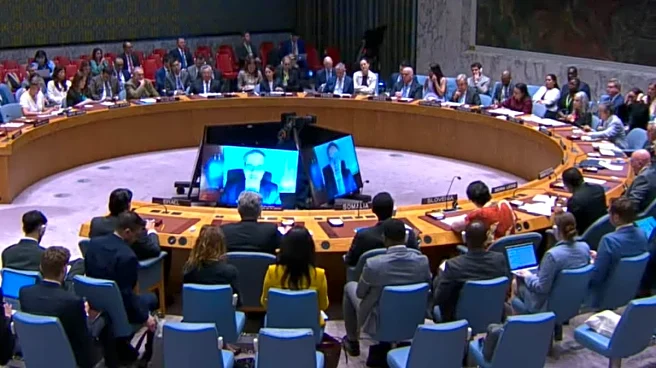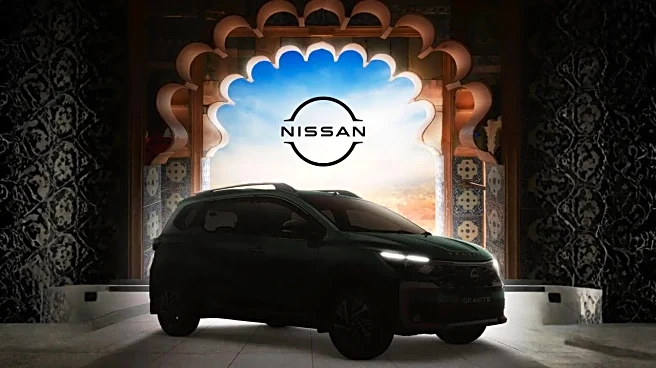India has once again mounted a strong push for comprehensive reform of the United Nations Security Council (UNSC), arguing that the eight-decade-old body’s structure is deeply anachronistic and ill-equipped to handle contemporary geopolitical realities. India’s position, articulated at the UN, is clear: the Council must expand in both the permanent and non-permanent categories, stressing that any piecemeal or superficial changes will fail to make the UN’s principal organ for peace and security fit for purpose.
The current structure of the UNSC, with its five permanent members (P5) retaining veto power, was established in 1945 following the conclusion of World War II. India argues that this post-war architecture no longer reflects the altered
distribution of global political, economic, and demographic weight. As the world’s most populous nation, the fifth-largest economy, and a major contributor to UN peacekeeping missions, India maintains that it, along with other deserving nations, holds all the objective credentials for permanent membership.
India’s Permanent Representative to the UN emphasised that the overall endeavour needs to be on “redesigning” the Council’s architecture to meet current and future challenges purposefully. The diplomat pointed out that expanding only the non-permanent seats would not constitute meaningful reform. Instead, it would merely widen the existing gap between the permanent members and the rest of the UN membership, further entrenching a status quo that is irrelevant in the modern context. This is particularly relevant in correcting what India calls “historical injustices”, specifically advocating for the inclusion of African nations in the permanent category.
India, alongside its G4 partners—Brazil, Germany, and Japan—advocates for increasing the total membership of the Council from the current 15 to around 25 or 26 by adding six new permanent members and four or five non-permanent members. This comprehensive approach is deemed essential for making the Council more legitimate, representative, responsive, and effective. New Delhi is calling for the Inter-Governmental Negotiations (IGN) process to move towards text-based negotiations in a time-bound manner to ensure this structural overhaul is achieved, arguing that anything less will allow the world’s most powerful body to remain paralysed by the politics of the past.





/images/ppid_a911dc6a-image-177090552977584362.webp)

/images/ppid_59c68470-image-177090530594986069.webp)

/images/ppid_59c68470-image-177090503458393910.webp)
/images/ppid_59c68470-image-177090512191059170.webp)
/images/ppid_59c68470-image-177090521111597610.webp)
/images/ppid_59c68470-image-177090526699467667.webp)
